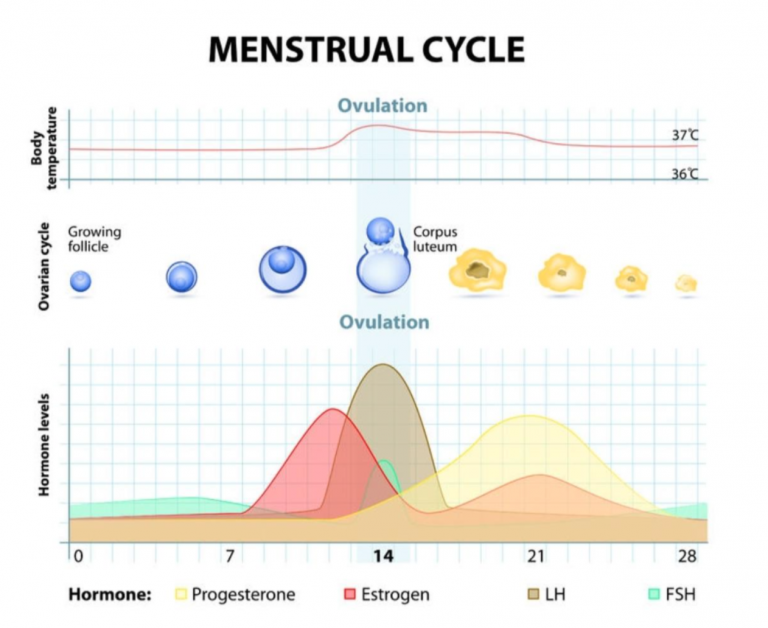It’s no surprise that gut health contributes to our well-being in a multitude of ways. But did you know that it is also directly tied to your hormone health? In this post, we’ll uncover exactly how the gut plays a role in regulating your hormones and affecting your overall functionality.
If you have ever experienced symptoms such as PMS, tender breasts, mood swings, irregular periods, pain, brain fog or low energy you might find that a hormone imbalance is to blame. Hormones are a very complex part of our biology and their interactions with other systems in the body can affect everything from our mental clarity right through to physical ability. Commonly identified as the Gut-Hormone Axis, this relationship between the gut and hormones works like a two-way street, highlighting that an imbalance of either area can throw off the health of the other!
Let’s take a look at the main female hormones that are often discussed concerning hormone imbalances – estrogen and progesterone. These are the primary sex hormones that a female produces in various tissues of the body, but are found most predominantly in the ovaries. Across a healthy woman’s cycle, these hormones naturally fluctuate affecting the timeliness of reproduction, resulting in pregnancy. When this balance is thrown off, chronic issues like fatigue, cramping and infertility can ensue.

So the question is, how can gut health disrupt this balance?
There is a profound connection between our microbiome (good gut bacteria) and estrogen, known as the Estrobolome [1]. The Estrobolome, as quoted by The Marion Gluck Clinic, “is a collection of bacteria in the gut which is capable of metabolising and modulating the body’s circulating estrogen. It is the bacteria in the gut, and the Estrobolome, that affects estrogen levels, which in turn can impact weight, libido and mood”. Part of the function of the gut is to eliminate any metabolic by-products that we no longer need. This includes hormones and other metabolic products that need to be cleared from the body. In the liver, estrogen is detoxified by glucuronidation [2] which allows the body to clear it via the gut. However, certain bacteria produce an excess of an enzyme called Beta-glucuronidase which reverses this process and allows Estrogen to be taken back up into the body – negatively increasing our Estrogen levels [3]. To make matters worse, symptomatic responses including constipation further slow our bodies ability to eliminate products that should be cleared from the body including this build up in Estrogen (constipation can often be a sign of low thyroid function [4], so this is worth investigating if you have constipation). This then allows more time for these items to be reabsorbed while passing through the gut! So here we can see when the gut and microbiome become disrupted, it can cause an increase in the species that produce beta-glucuronidase and lead to estrogen excess.
Hormones and Inflammation
Another aspect where the gut seems to affect hormones is via inflammation. Because the gut forms an important barrier for our bodies, it can be an area that drives inflammation in the body when it is dysfunctional. Things like intestinal permeability (leaky gut), an infection and dysbiosis* (a negatively altered microbiome) can end up causing a lot of inflammation in our bodies. This inflammation can directly affect how our bodies regulate our hormones and can increase the effects of hormones like estrogen in certain tissues.
Dysbiosis and gut dysfunction have been correlated with endometriosis and PCOS [5,6], and many researchers believe this is because of the effects caused by inflammation which drive estrogen-sensitive tissue to act differently in the genitals (such as endometrial tissue in endometriosis). With all the research coming out around the importance of the gut, it’s no surprise that it plays a pivotal role in hormone health.
Is it time to explore your hormone imbalances?
If you’ve been struggling with any symptoms including, irritability, pains, fatigue and infertility always consult a health professional. If you’re ready to improve your health today, click here to book your free discovery call with Richard, your Functional Medicine Practitioner at Beyond TotalFusion
*Dysbiosis is a condition in which the bacteria in your gut becomes imbalanced. This can lead to a wide range of digestive disturbances including bloating, diarrhea, constipation and cramping!
Words by:

Richard Game AFMCP, MPT
Functional Medicine Practitioner and Physiotherapist
An avid bio-hacker, Richard is obsessed with optimising human health and performance, constantly seeking to change the paradigm of our healthcare (sick care) model to a preventative ‘live better’ one. Utilising evidence-based methods that combine functional and evolutionary medicine, Richard has experience working in a range of areas including, complex pain, gut health, sports performance, longevity, sleep, autoimmunity and chronic fatigue.
References:


